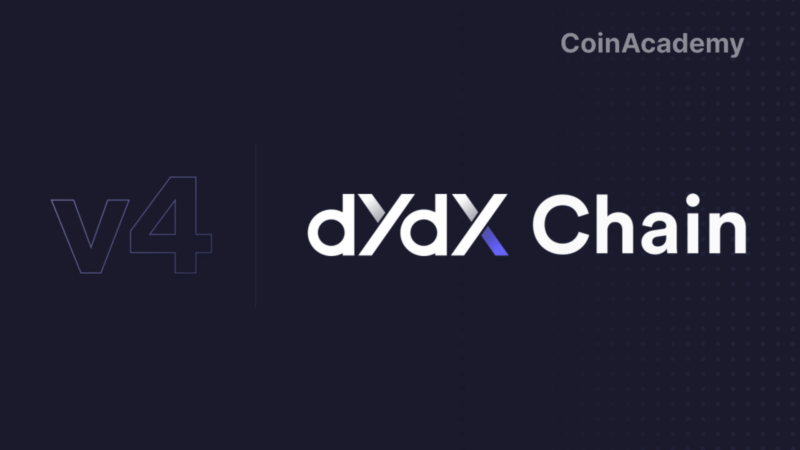In a statement published on March 7, 2022 on “the Coinbase Blog”, Coinbase clearly states its position: the exchange will support sanctions to ensure compliance with the “international” system.
In presenting its compliance program, the centralized exchange says it has blocked more than 25,000 public addresses linked to potentially suspected Russian individuals or entities.
Paul Grewal, Chief Legal Officer (“CLO”) at Coinbase, says the exchange is firmly committed to building a “safe and responsible compliance system that promotes economic freedom worldwide,” just like traditional banks.
To build this system, Coinbase hopes to gain the trust of holders, or future holders, of cryptocurrencies by agreeing (among other things) to be in compliance with international sanctions. For the time being, however, these are more Western than international sanctions.
This stance comes at the heart of the Russian-Ukrainian conflict. The CLO notes that “in recent weeks, governments around the world have imposed a series of sanctions on individuals and territories in response to Russia’s invasion of Ukraine,” before adding that “sanctions play a critical role in promoting national security and deterring illegal aggression, and Coinbase fully supports these efforts by government authorities.
As such, Coinbase unveils three of the pillars of its compliance system:
JUST IN: Coinbase has blocked over 25,000 addresses related to Russian individuals or entities engaging in illicit activity.
— Watcher.Guru (@WatcherGuru) March 7, 2022
Blocking access to sanctioned actors
Coinbase now checks opening requests against lists of sanctioned individuals or entities. The United States, the United Kingdom, the European Union, the United Nations, Singapore, Canada and Japan maintain such lists.
In order for an individual to perform transactions from the exchange, an independent provider will verify the identification information of its new users. If the individual lives in a sanctioned territory or is identified as a sanctioned individual or entity, the account will be denied.
Detecting evasion attempts
New users will not be the only ones affected by the above-mentioned filter. A user already registered on Coinbase and who would be subject to a sanction, would also be denied access to the exchange’s services.
Paul Grewal also notes that accounts simply associated with these people subject to sanctions may also be blocked.
Anticipating threats
Coinbase says it maintains “a blockchain analytics program” to identify high-risk behavior, study emerging threats and develop new mitigation measures.
In the words of Paul Grewal, “When the U.S. sanctioned a Russian national in 2020, U.S. law enforcement was able to identify three public addresses linked to that national. Through advanced blockchain analysis, we identified (…) more than 1,200 other addresses potentially associated with the sanctioned individual.”
After mentioning this example, the exchange claims to have proceeded today, Monday 7 March 2022, to block more than 25,000 addresses potentially linked to Russian individuals or entities considered to be engaged in illegal activities.
In doing so, the centralized players of the cryptoeconomy are getting ever closer to the players of the traditional financial sector.
Source : https://blog.coinbase.com/using-crypto-tech-to-promote-sanctions-compliance-8a17b1dabd68




